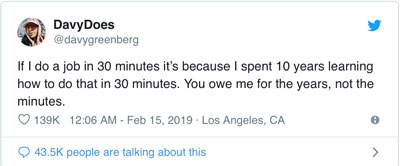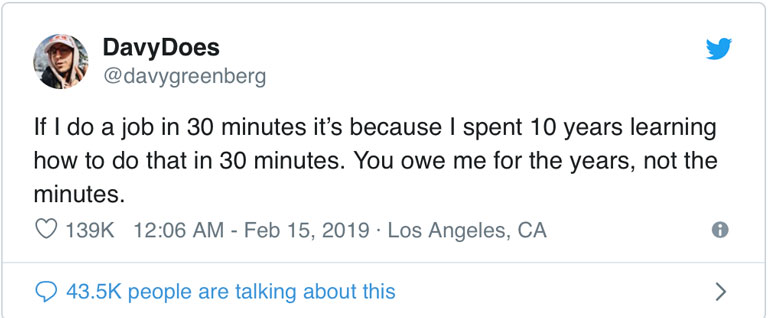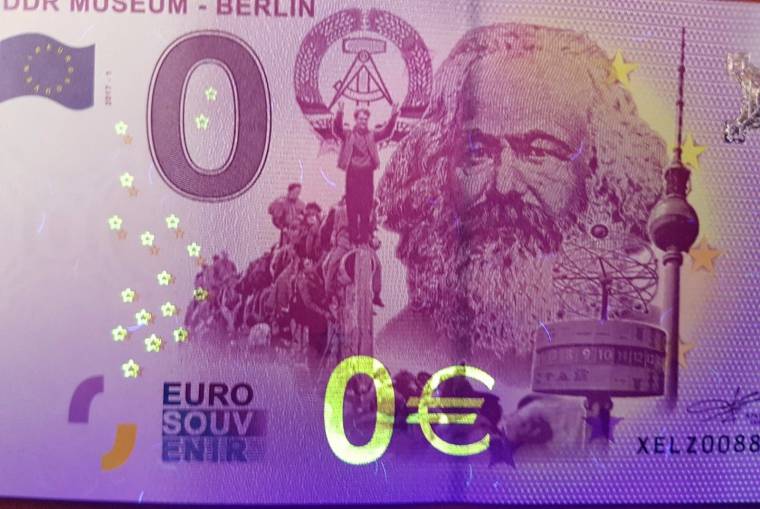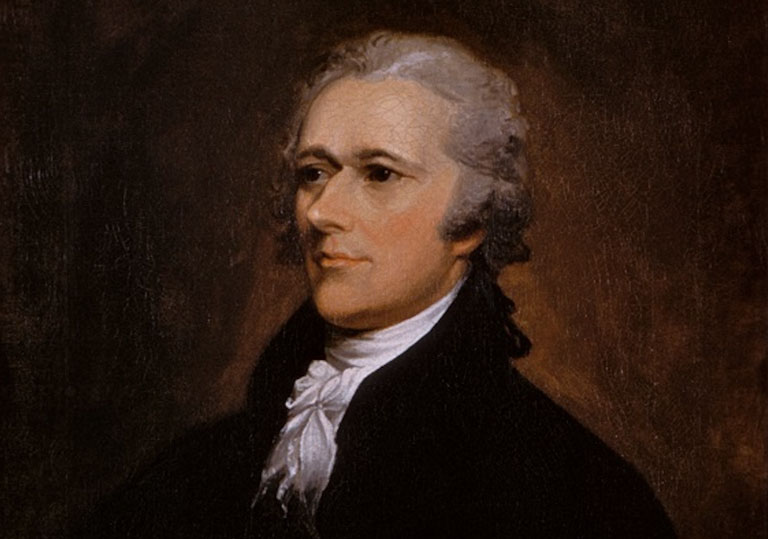by Thorsten Polleit for Mises.org
In his “Manifesto of the Communist Party” (1848), published together with Frederick Engels, Karl Marx calls for “measures” — by which he means “despotic inroads on the rights of property” –, which would be “unavoidable as a means of entirely revolutionising the mode of production,” that is, bringing about socialism-communism. Marx’s measure number five reads: “Centralisation of credit in the hands of the state, by means of a national bank with State capital and an exclusive monopoly.” This is a rather perspicacious postulation, especially as at the time when Marx formulated it, precious metals — gold and silver in particular — served as money.
As is well known, the quantity of gold and silver cannot be increased at will. As a result, the quantity of credit (in terms of lending and borrowing money balances) cannot easily be expanded according to political expediency. However, Marx might have fantasized already, what would be possible once the state is put in a position where it can create money through credit expansion; where it has usurped and monopolized the production of money. Long before Marx, the English churchman and historian Thomas Fuller had elaborately expressed the power of money: “Money is the sinew of love as well as war.”
The Origins of Modern Central Banking
The idea of central banking has a long history. For instance, the Swedish central bank, the Sveriges Riksbank, was founded in 1668, and the English central bank, the Bank of England, was formed in 1694. The fraudulent operations of such institutions came to light soon, at the latest with the writing of the British economist David Ricardo. In his 1809 essay “The High Price of Bullion” he pointed out that it was the increase in the quantity of money — in the form of banknotes not backed by gold — that caused a general rise in prices, an effect we know as (price) inflation.
Unfortunately, however, the political-economic insight that central banks holding the money production monopoly would misuse their power time and again, engage in cronyism, and cause an anti-social debasement of the currency has not — to this very day — sufficed to discredit the monstrous idea of central banking. It seems that as far as monetary affairs are concerned, Marx’s concept of Dialectical Materialism has made quite an impression: What is appears to form peoples’ consciousness (not vice versa). This has certainly helped in creating central bank Marxism on a world-wide scale.
Cutting the Last Ties with Commodity Money
On 15 August 1971 Marx’s vision became true: The US administration single-handedly terminated the redeemability of the US dollar into physical gold – and so gold, the currency of the civilized world, was officially demonetized. Through this coup de main, in the United States of America, as well as all other countries in this world, an unbacked paper money — or fiat money system was established. Since then, all currencies around the globe represent fiat currencies: representing money creation by circulation credit expansion, not backed by real savings or deposits, monopolized by central banks.
The fiat money system, the creation of money through circulation credit expansion, has brought about a new kind of debt slavery on a grand scale. Consumers, corporations and, of course, governments, too, have become highly dependent on central banks continuously churning out ever greater amounts of credit and money, provided at ever lower interest rates. In numerous countries, central banks have de facto become the real centers of power: Their monetary policy decisions effectively determine the weal and woe of economies and whole societies.
By issuing fiat currencies, created out of thin air, a rather small clique of central bankers, together with their staffers, causes — to borrow from Friedrich Nietzsche — a “revaluation of values.” Chronic monetary inflation, for instance, discourages savings; running into ever greater amounts of debt gets cultivated; by central banks’ downward manipulation of the interest rate, the future needs get debased compared to present needs; the favoring of a sort of monetary “Deep State” comes at the expense of demolishing civil and entrepreneurial liberties.
A Supranational Central Bank
In Europe, central bank Marxism has accomplished a rather astounding feat: 19 nation states with a total of around 337 million people have given up their right to self-determination in monetary affairs, submitting to the monetary policy dictate of a supra-national central bank entirely beyond effective Parliamentary control that issues a single fiat currency, the euro. While central bank Marxism has been reasonably successful in Europe, however, its true spearhead has always been the US central bank: The Federal Reserve (Fed).
Today’s world depends on the fiat US dollar issued by the Fed more than ever. Effectively all other major currencies are built upon the Greenback, and it is the Fed that determines the credit and liquidity conditions in international financial markets. It effectively presides over a world central bank cartel which, if it is allowed to continue unimpededly, will eventually steer and control the world economy through its unassailable money production monopoly, effectively removing one of the most critical roadblocks against unrestricted state tyranny.
Ideas Have Consequences
So those favoring a free society can only hope that something will get in the way of central bank Marxism. This is by no means impossible. Socialism-communism is not the inevitable destiny of social life and historical evolution, as Marxists would like to make us believe. What truly matters are ideas or theories, if you will, as ideas — whatever their specific content, wherever they come from, whether they are right or wrong — underlie and drive human action.1Ludwig von Mises was acutely aware of this indisputable insight:
Human society is an issue of the mind. Social co-operation must first be conceived, then willed, then realized in action. It is ideas that make history, not the “material productive forces”, those nebulous and mystical schemata of the materialist conception of history. If we could overcome the idea of Socialism, if humanity could be brought to recognize the social necessity of private ownership of the means of production, then Socialism would have to leave the stage. That is the only thing that counts.2
Against the backdrop of Mises’s words one may add: Once people understand that Marxism (and all its particular forms of socialism) does not guarantee a higher living standard and that it does make a better or more just and reasonable world, it would usher in the end of central banking and fiat money. In other words: whether or not central bank Marxism and fiat money will prevail or be thrown out of the window (or flushed down the drain) will be determined by the outcome of the “battle of ideas.” So there remains reason for hope!
- 1. For a detailed explanation see Mises, L. v. (1957), Theory and History, Ludwig von Mises Institute, Auburn, US Alabama, Part Two, esp. Chapter 7, pp. 102 – 158.
- 2. Mises, L. v. (1981), Socialism. An Economic and Sociological Analysis, Liberty Fund, Indianapolis, p. 461.

Check out the Amazing Mises Institute
Do you find these posts helpful and informative? Please CLICK HERE to help keep us going!







